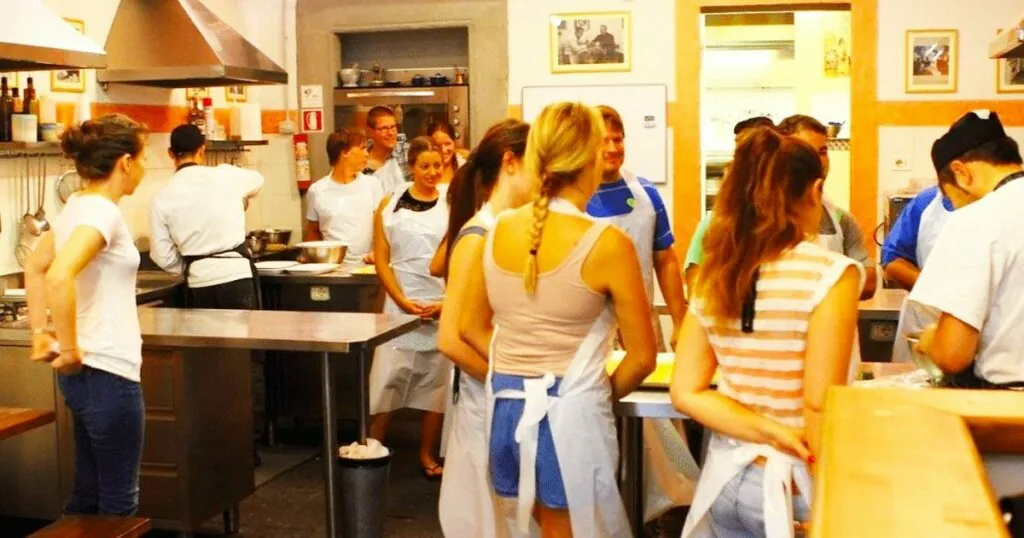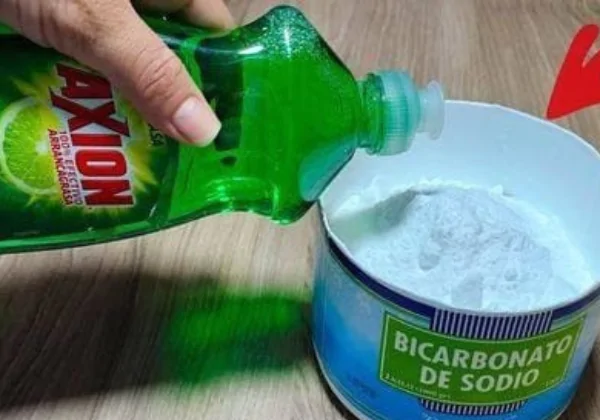In the modern world, our lives are increasingly dependent on technology. From sophisticated kitchen appliances like Instant Pots and air fryers to electric toothbrushes and smart TVs, we rely on these gadgets in our daily lives.

There are even cases of electricity leaking inside the car.It’s hard to believe that the iPhone, which revolutionized the way we communicate, was first introduced by Steve Jobs just 15 years ago. But are we gaining practical skills through technological advances? Ask a young man or woman today and they probably don’t know how to cook or do laundry the way previous generations knew at the same age.
This knowledge gap has only been exacerbated by the recent COVID-19 pandemic.
As a result, more and more parents are calling for the reintroduction of home economics classes in schools. These courses not only teach basic cooking skills but also include practical knowledge like financial management (e.g. paying bills and taxes) and understanding nutrition. After all, as they say, “we are what we eat.”
Imagine a sewing class where students can learn how to sew on a lost button or a gardening class where they can learn the skills to grow fresh herbs. This in no way diminishes the importance of traditional subjects such as math, reading, science and history. However, it is becoming clear that what is currently taught in schools may not be enough to equip students with the skills needed for everyday life.
According to the latest 2021 U.S. Census data, approximately 94 million Americans age 25 and older have an associate degree or higher. This represents about 42% of the population in this age group, with a higher percentage of women than men in the college-educated population. While a college education is valuable, how many of these people have actually developed the life skills needed to thrive on their own?

Cooking nutritious meals, keeping living spaces clean, and doing laundry are more likely to happen if students have the necessary skills from the start. A home economics class could provide an ideal environment for students to learn these basic skills, like changing a flat tire or light bulb, alongside their peers.
Otherwise, the responsibility lies solely with the stay-at-home parents. Let’s start a conversation! We’d love to hear your thoughts on this. Share your ideas and opinions in the comments section on Facebook. Together, we can explore the benefits of reintroducing home economics into schools and equip the next generation with the essential skills they need to succeed.

